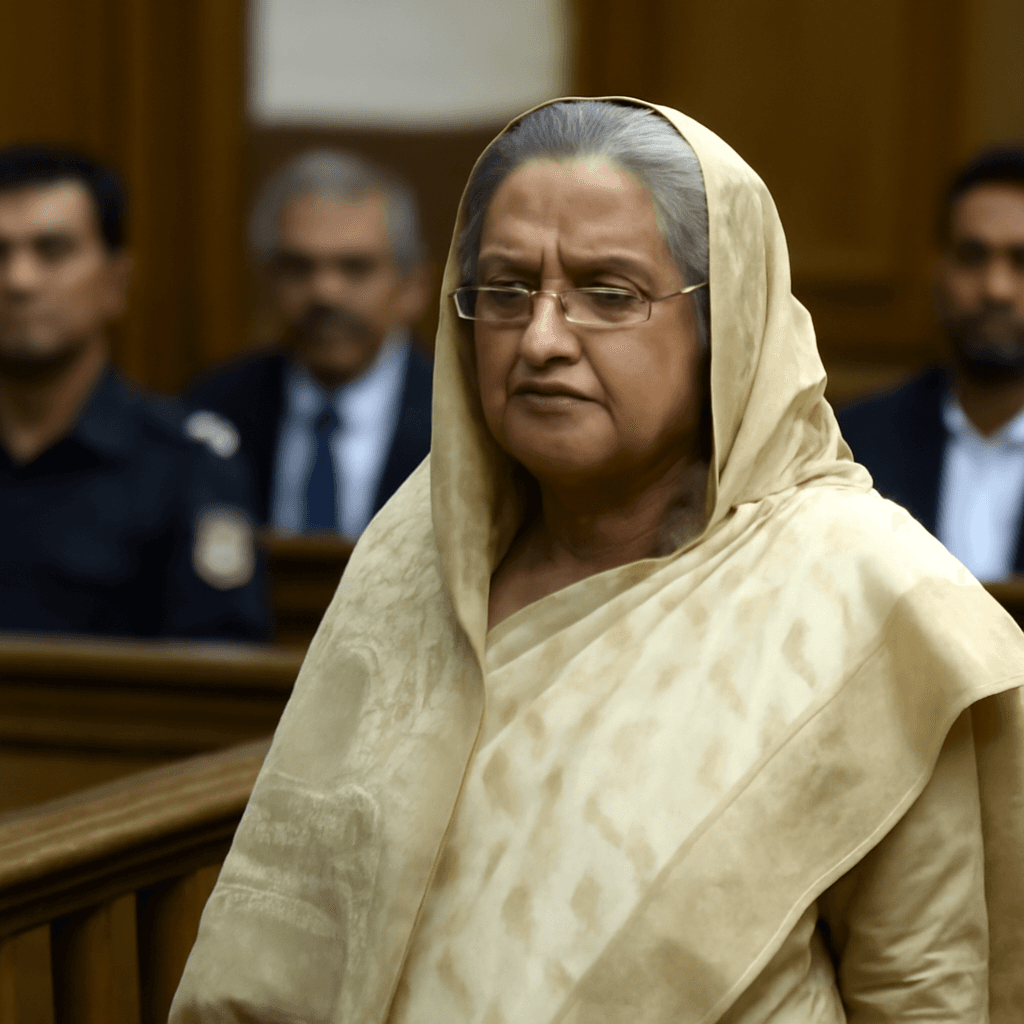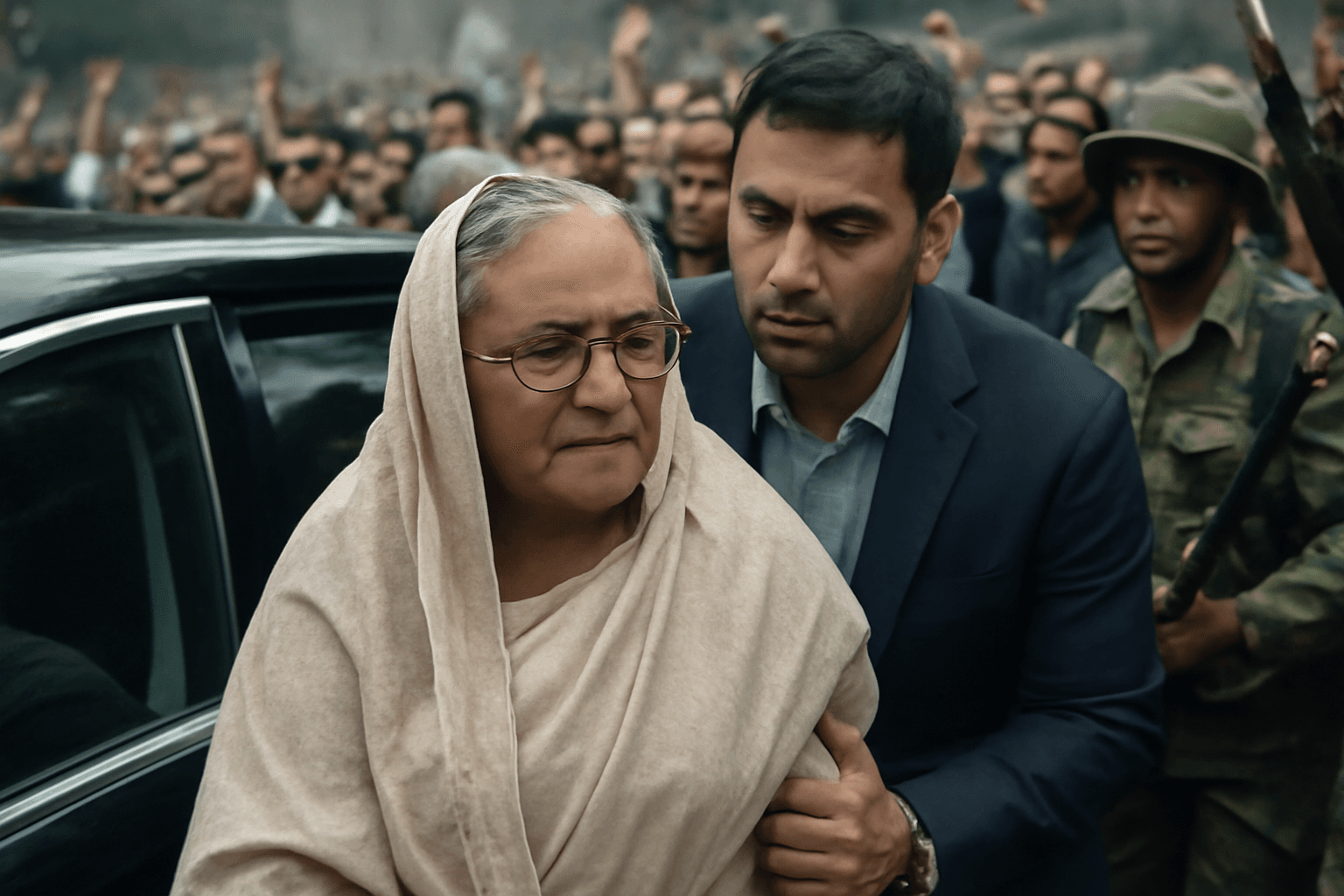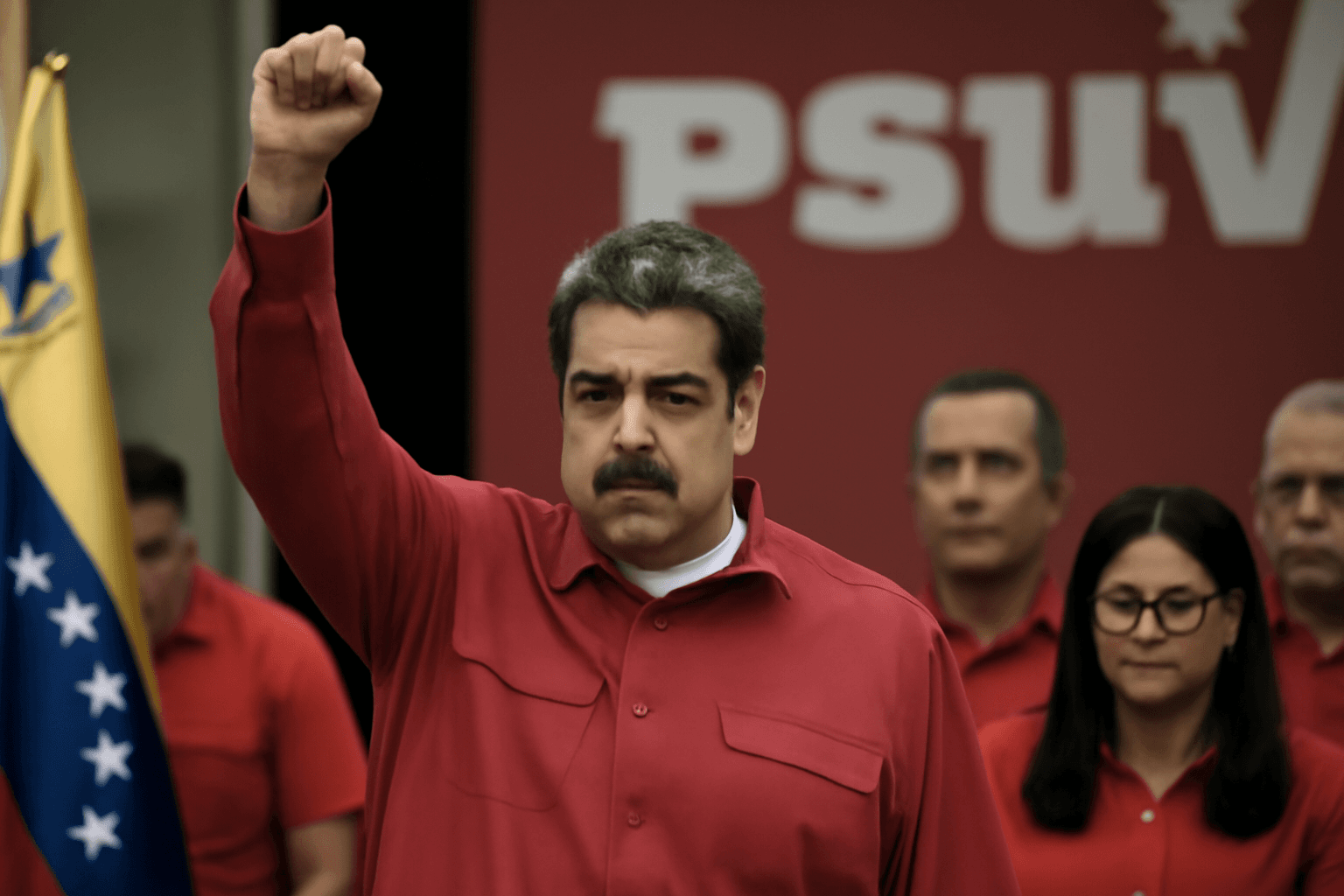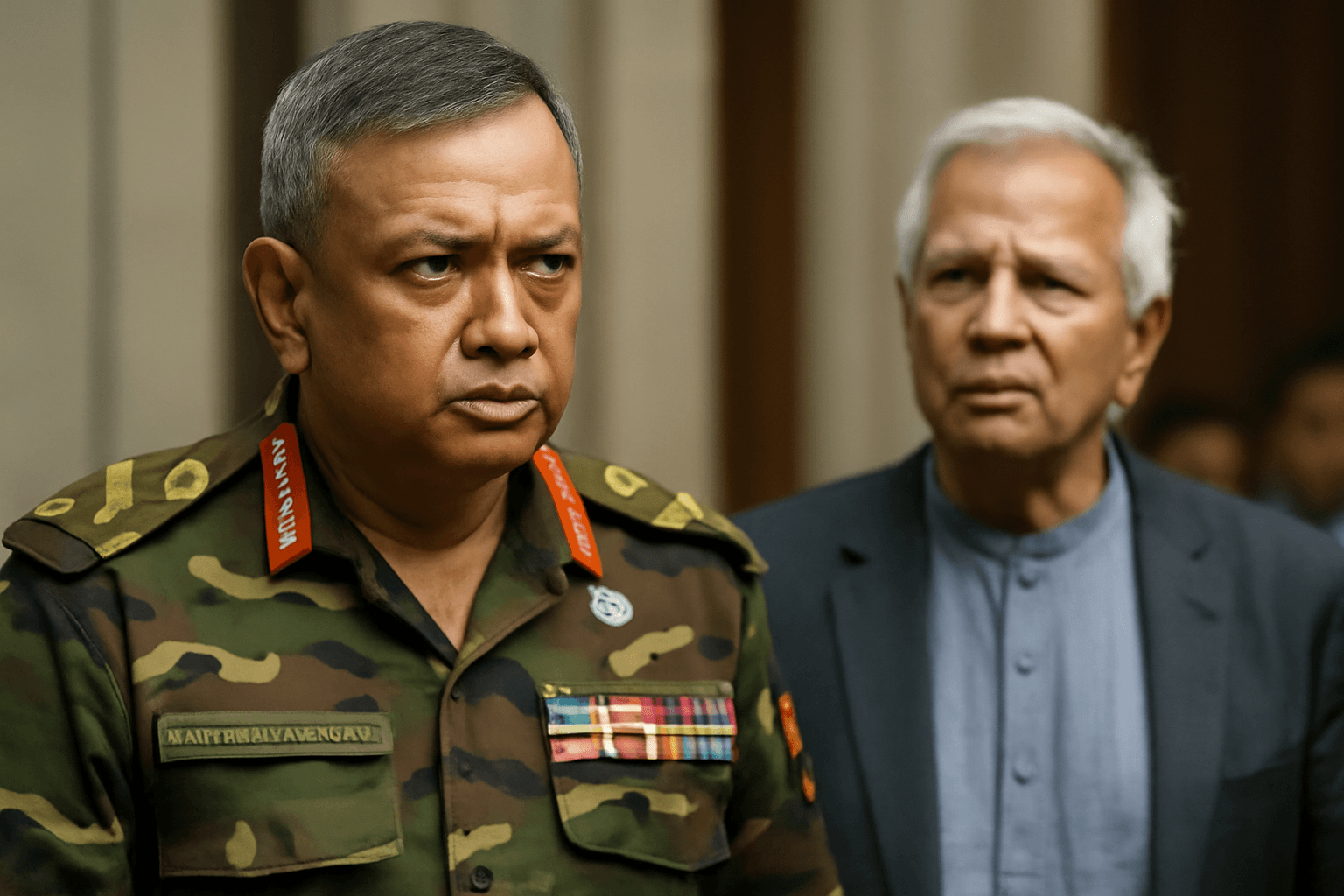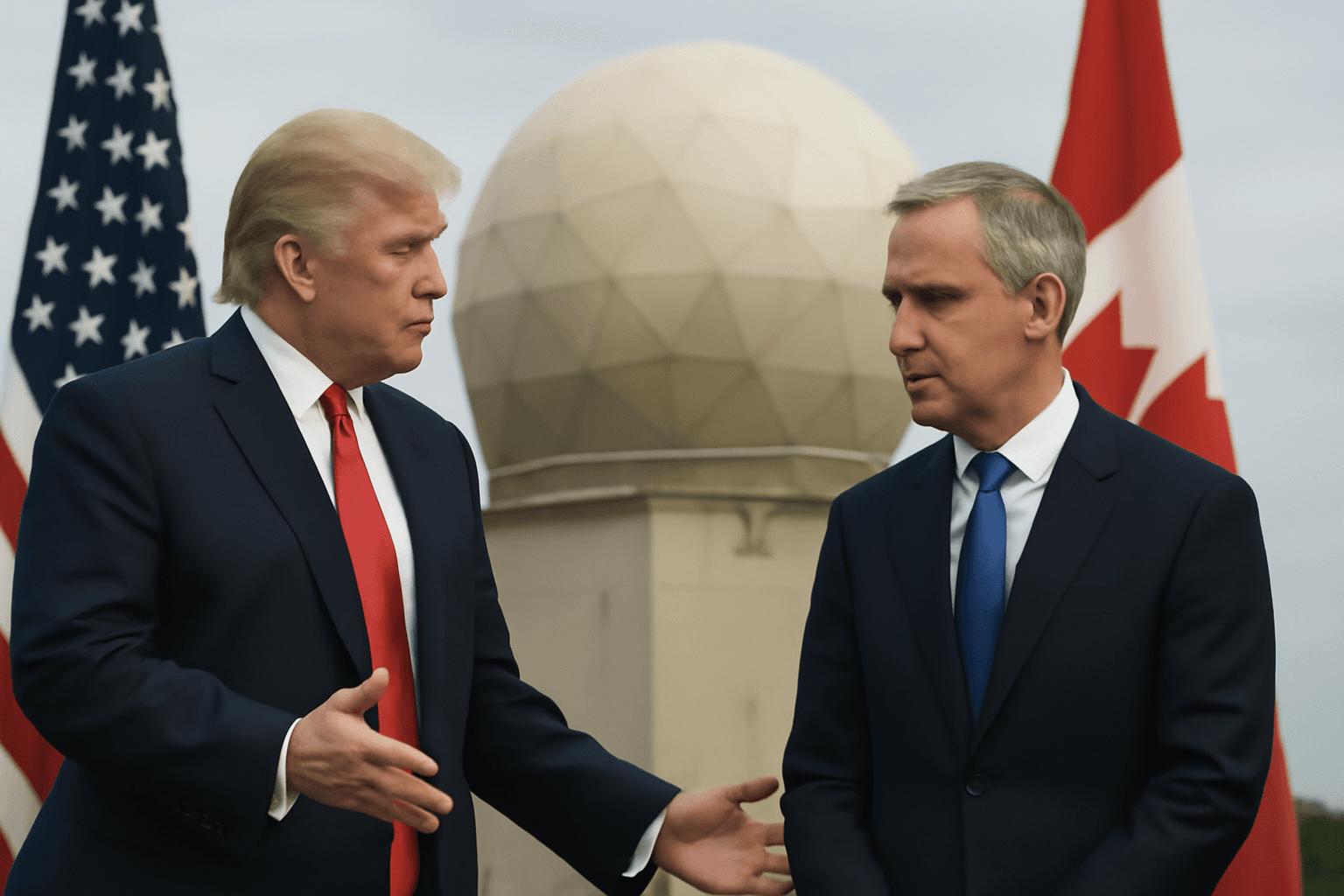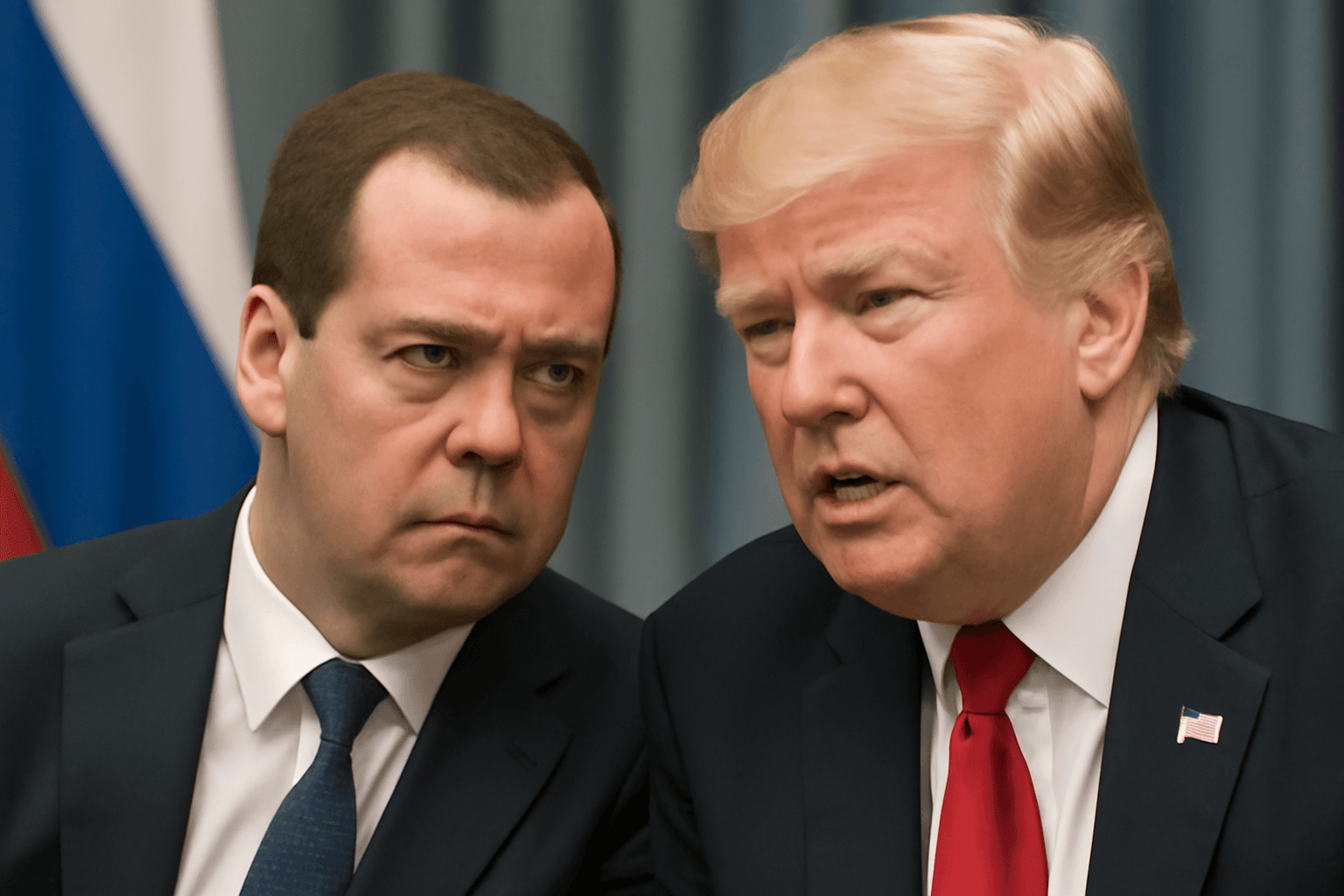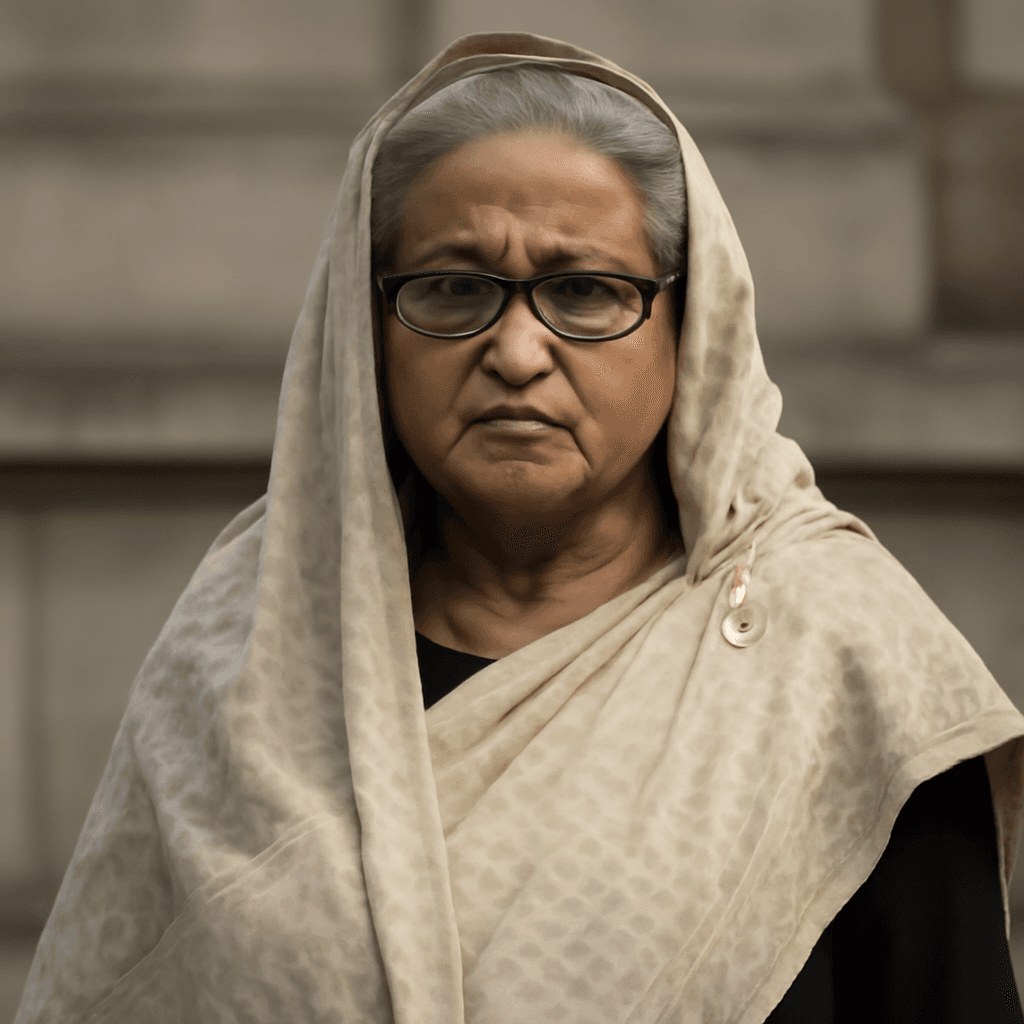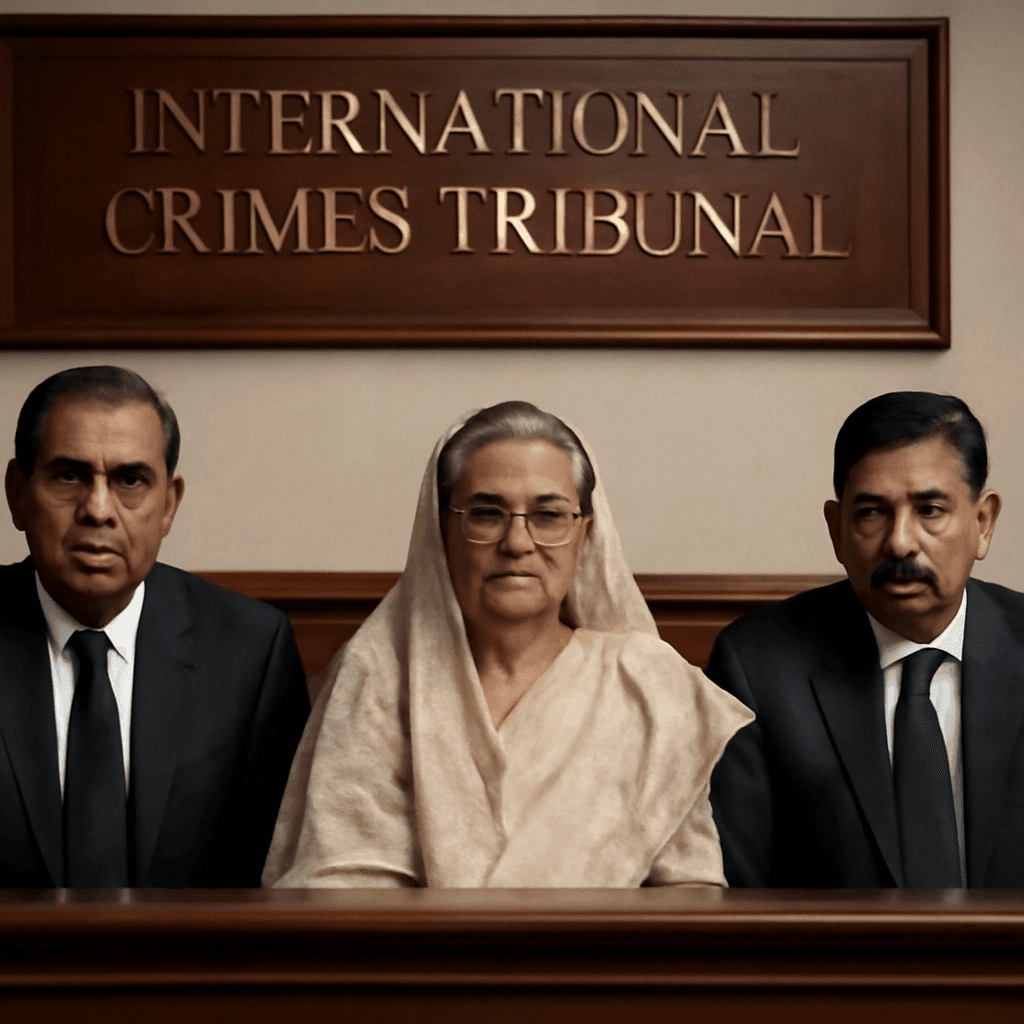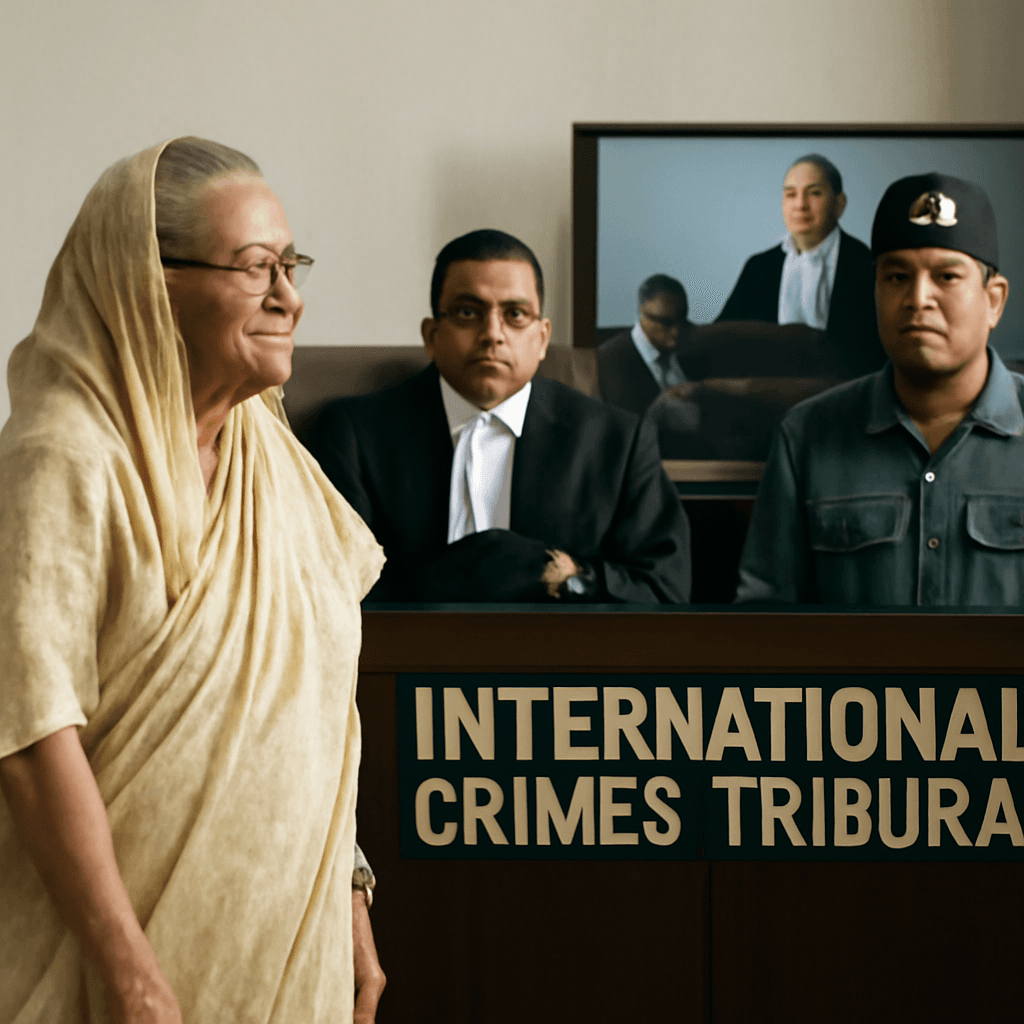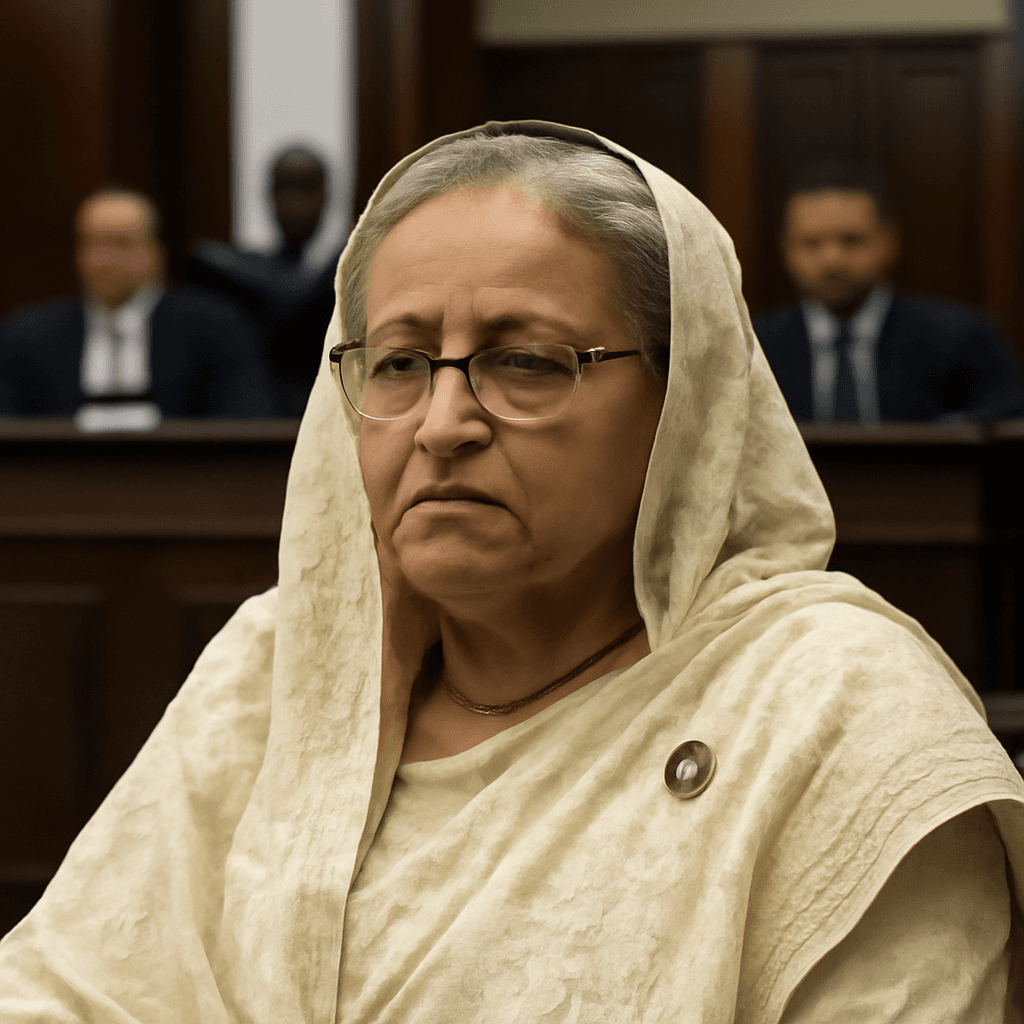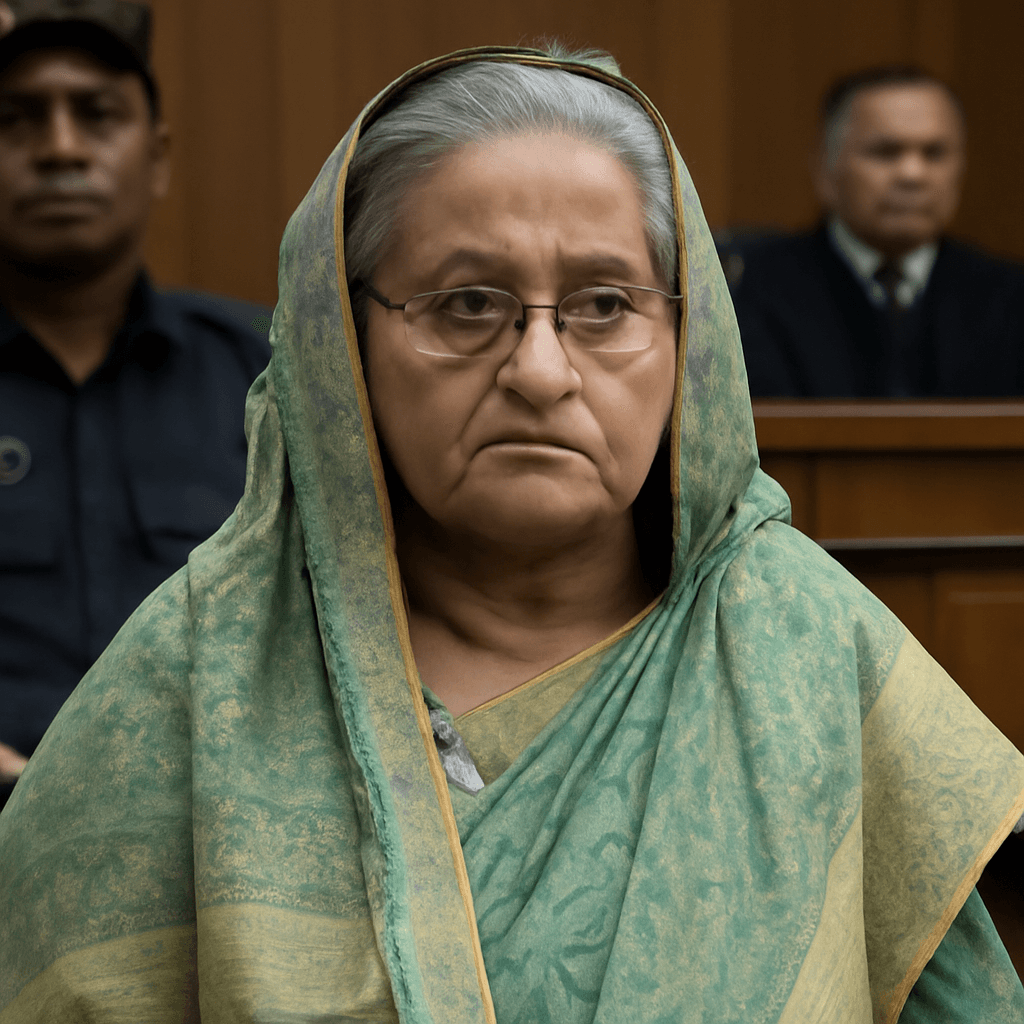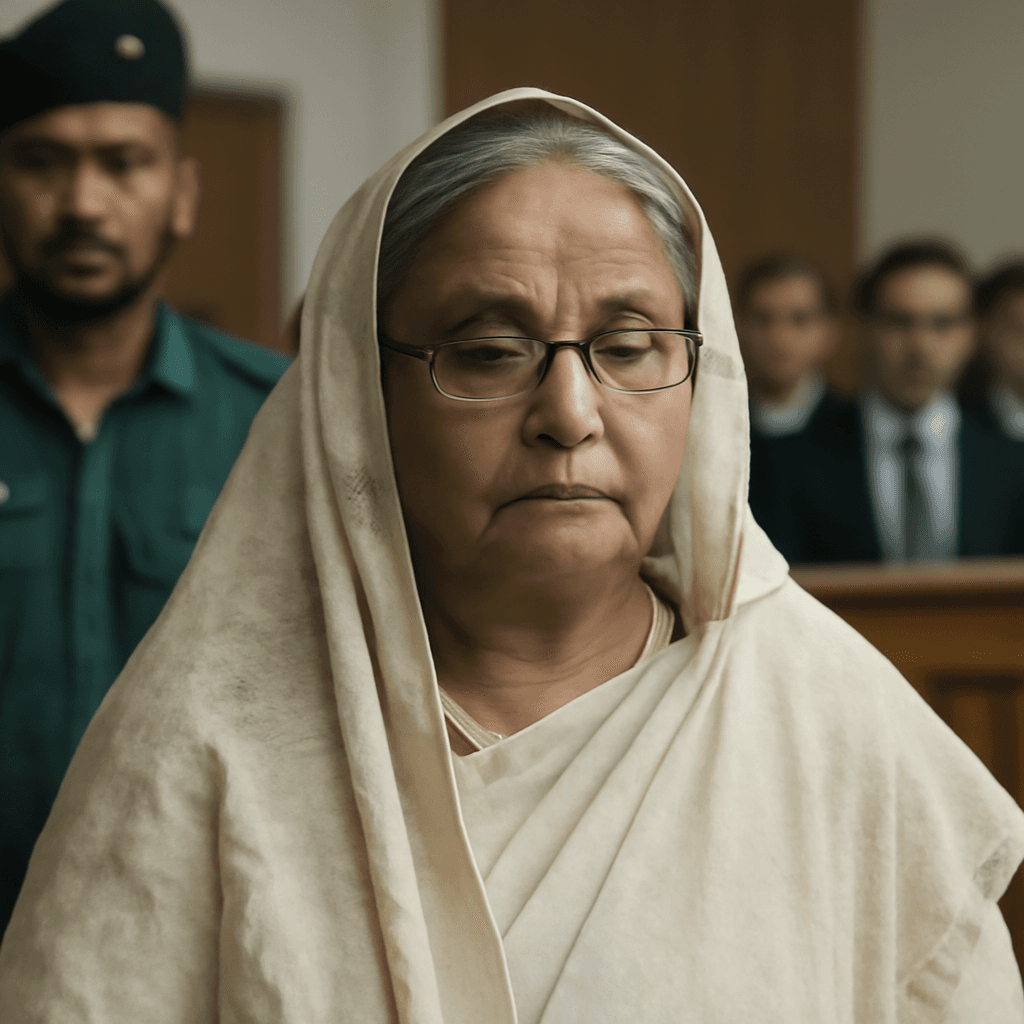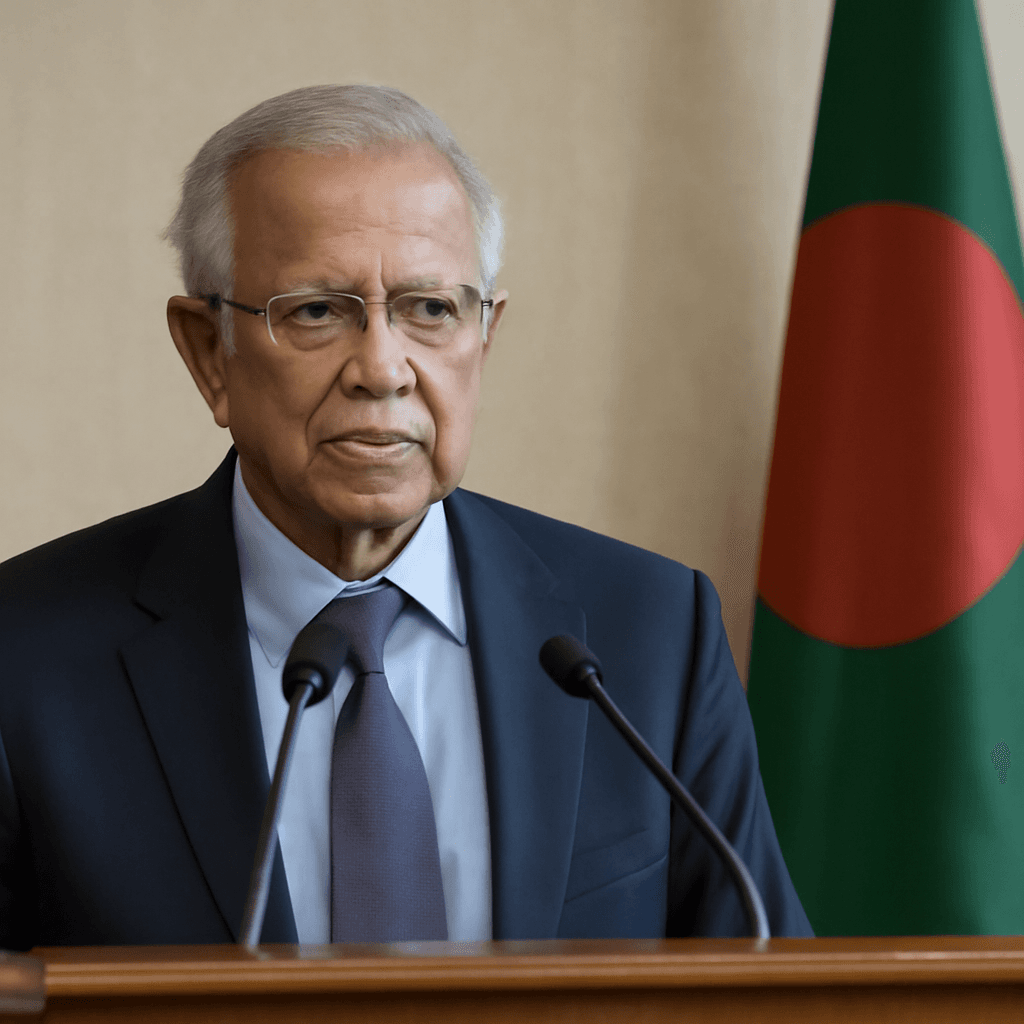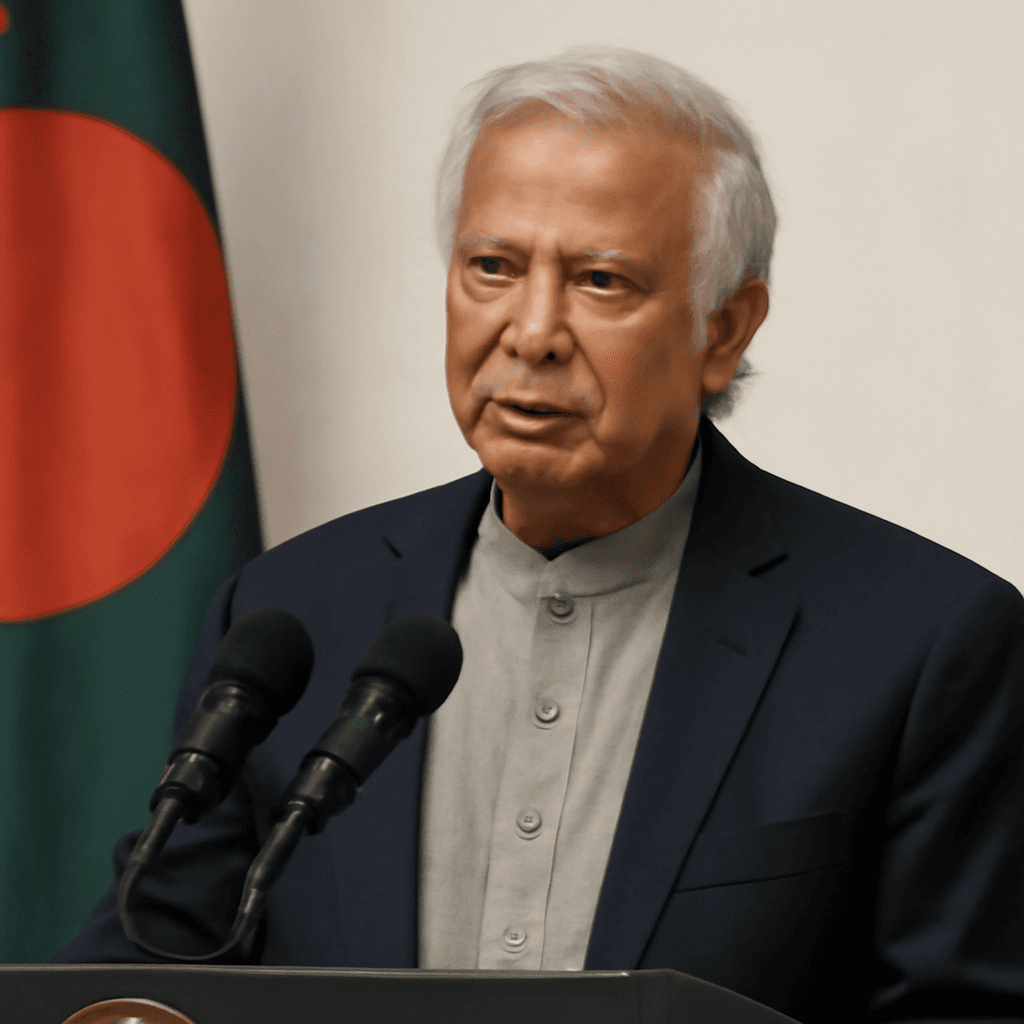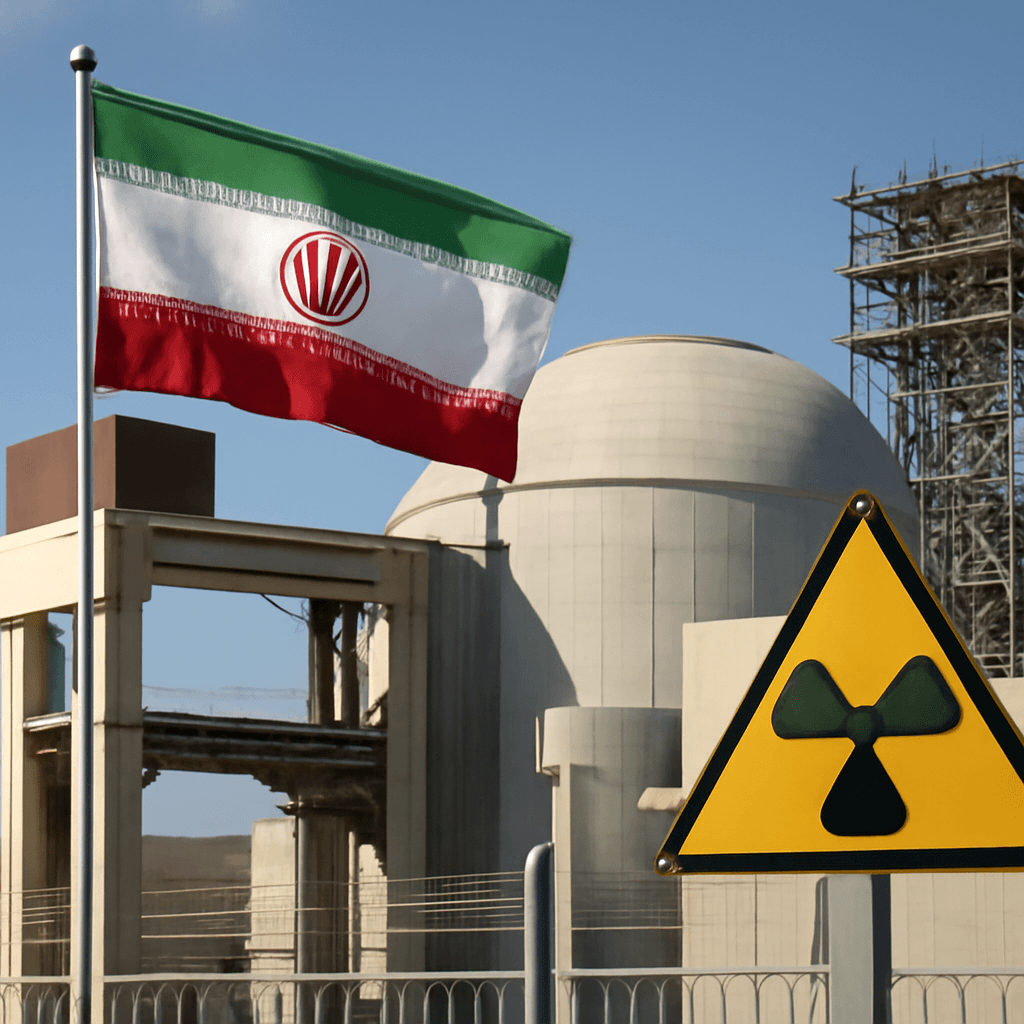Bangladesh Initiates Trial of Ex-Prime Minister Sheikh Hasina
Bangladesh has commenced the trial of former Prime Minister Sheikh Hasina on charges related to crimes against humanity, particularly concerning the police killings of protesters during a major uprising in 2024. Prosecutors announced that proceedings officially opened on Sunday as part of a broader judicial effort addressing unrest that ended Hasina's 15-year tenure.
Background of the Charges and Political Upheaval
The 77-year-old leader fled to India in August 2024 after a widespread student-led movement forced her government from power. Since then, she has refused to comply with Dhaka's extradition demands to return and face trial.
Reports estimate that as many as 1,400 people died in July and August 2024 amid a severe government crackdown targeting demonstrators. The domestic International Crimes Tribunal (ICT) is spearheading prosecutions of senior figures from Hasina's now-disbanded Awami League party.
Details of the Charges and Evidence
The chief prosecutor announced that Hasina is facing at least five major charges, including:
- Abetment
- Incitement
- Complicity
- Facilitation
- Conspiracy
- Failure to prevent mass murder during the July uprising
Authorities have gathered extensive evidence, such as video and audio recordings, intercepted telephone conversations, records related to helicopter and drone movements, and victim testimonies documenting the crackdown.
Trial Proceedings and Political Implications
The initial trial hearing is expected to be broadcast live on Bangladesh Television, providing transparent public access to the legal process. Alongside Hasina, former interior minister Asaduzzaman Khan Kamal and ex-police chief Chowdhury Abdullah Al-Mamun are also implicated and face similar allegations.
These prosecutions align with political demands from multiple parties currently vying for influence. The interim government has committed to holding general elections by June 2026 as part of efforts to restore stability.
Historical Context of the International Crimes Tribunal
Originally established in 2009 by Hasina's administration, the ICT focused on investigating atrocities committed during Bangladesh's 1971 war of independence. Over time, the tribunal has sentenced numerous political adversaries of Hasina, attracting criticism that it has occasionally been used as a tool for political gain.
The latest trials mark a significant shift as the tribunal now scrutinizes the former ruling party itself, signaling heightened political and judicial accountability within Bangladesh.

